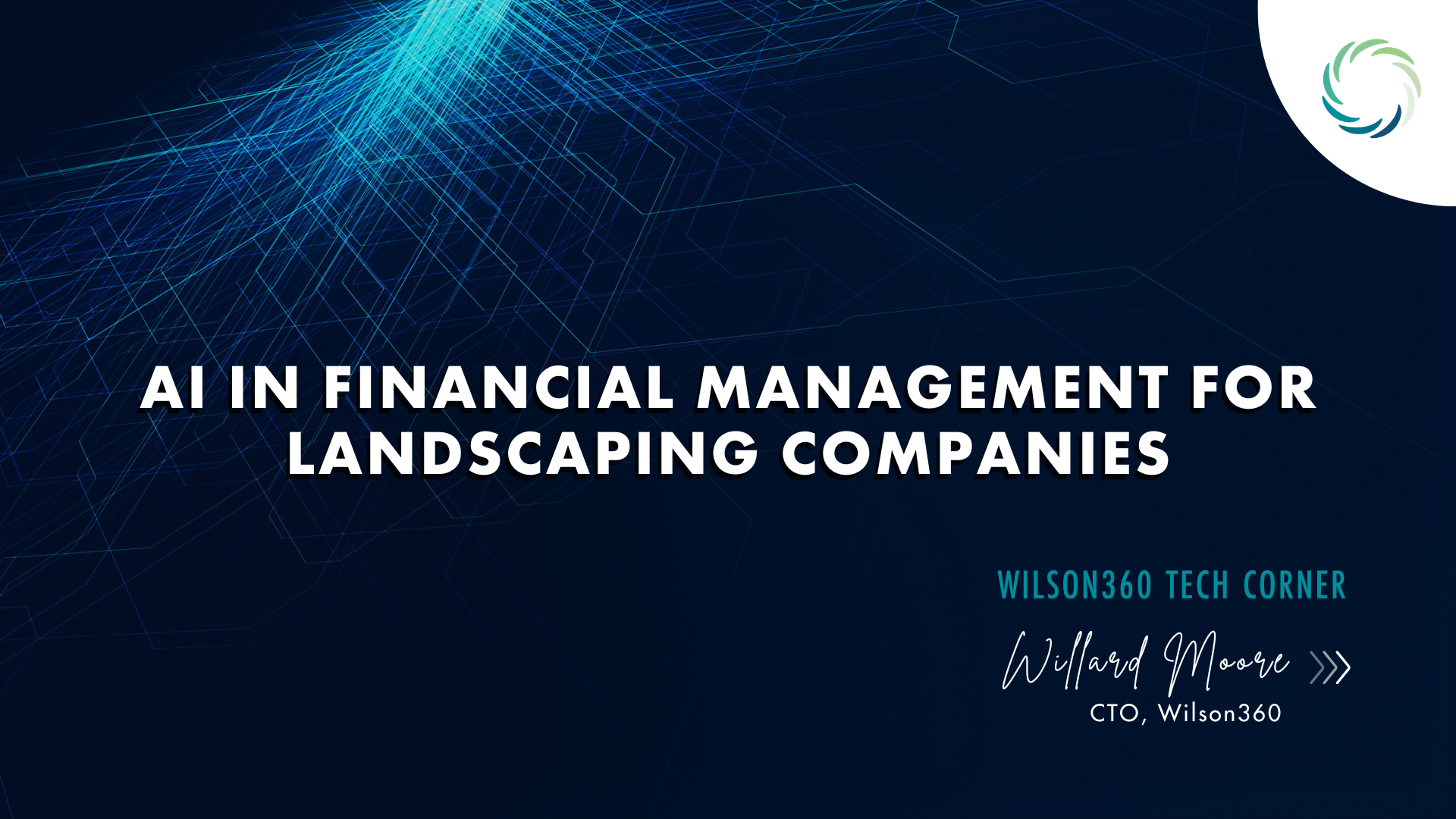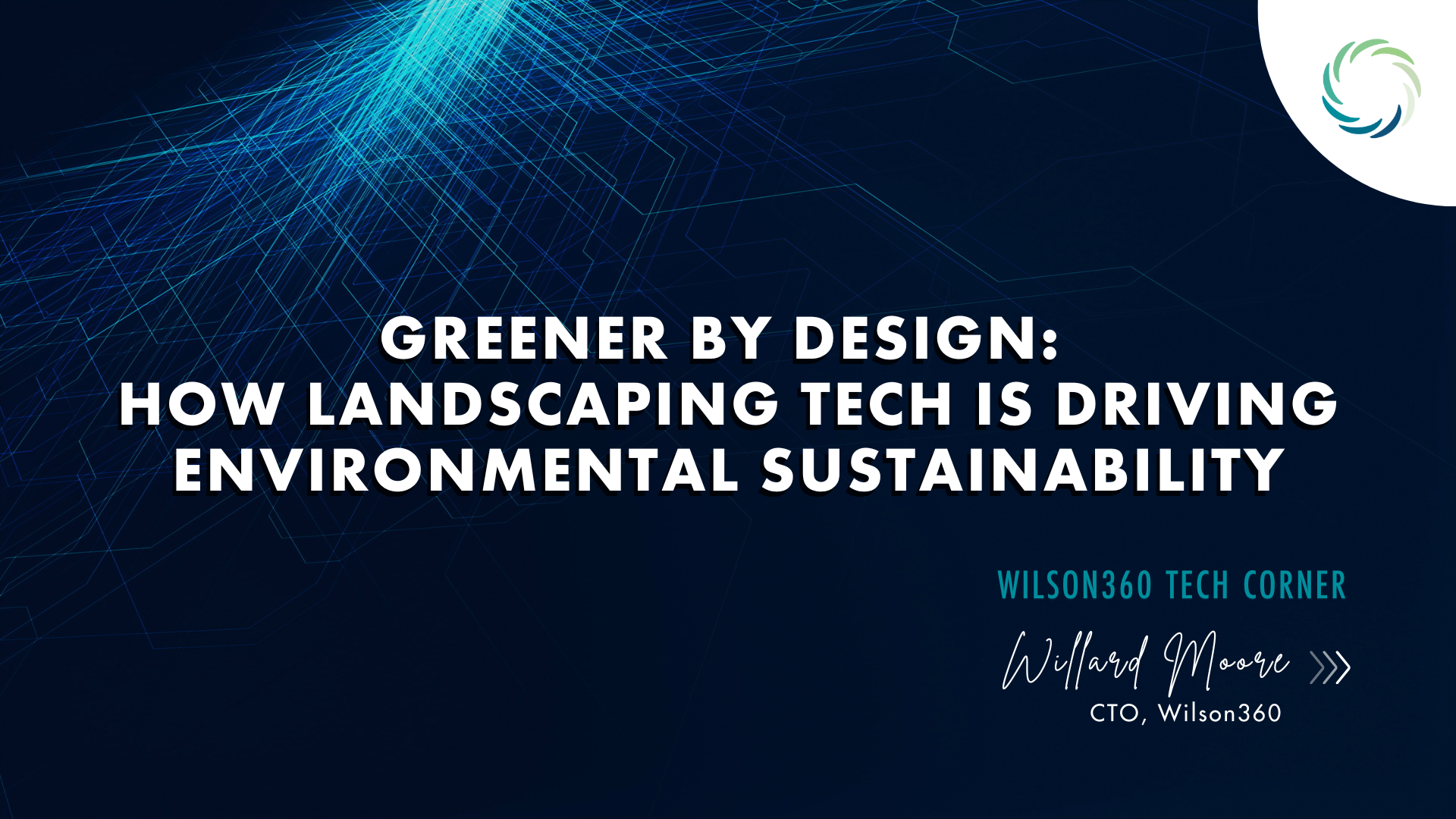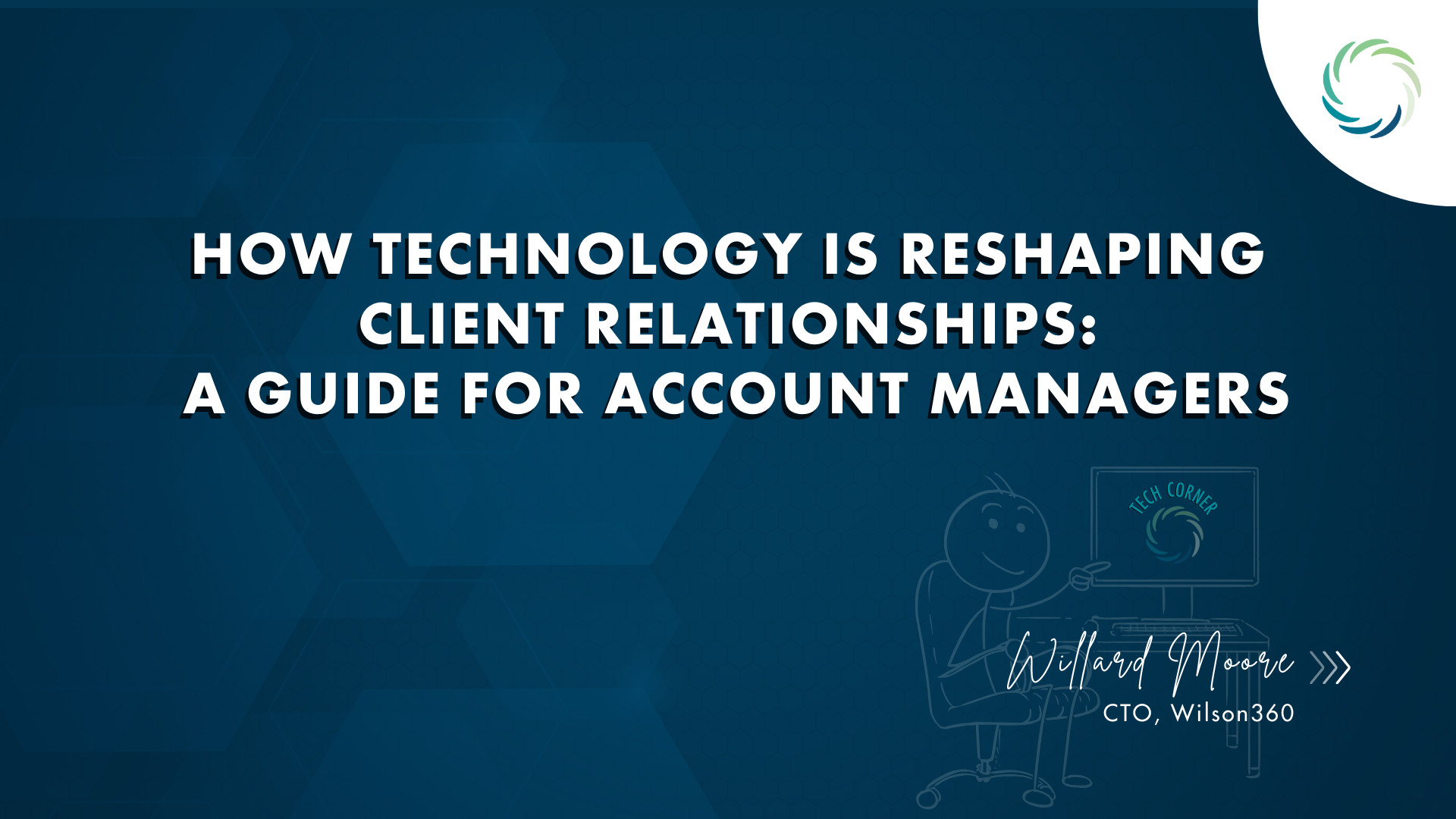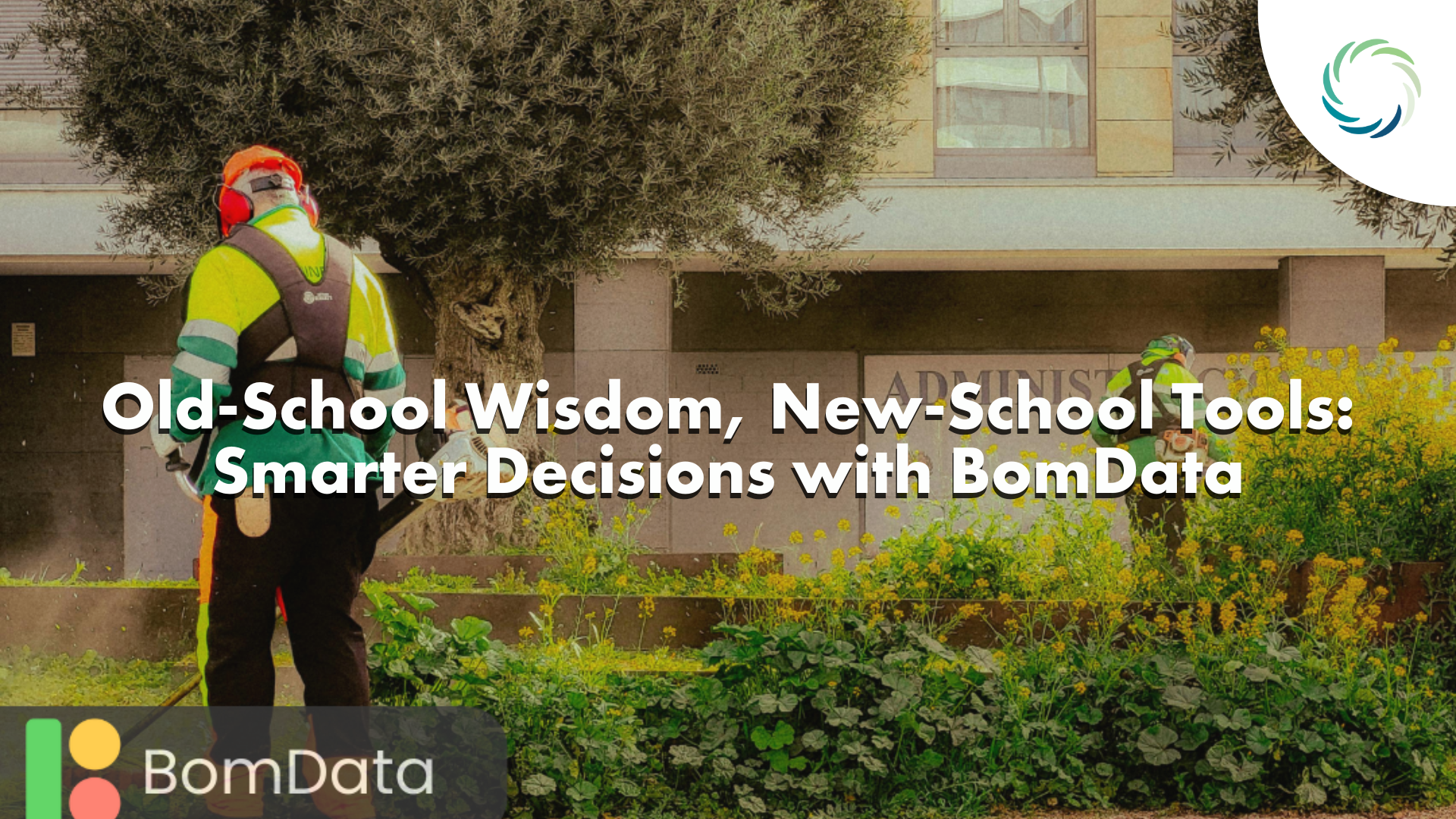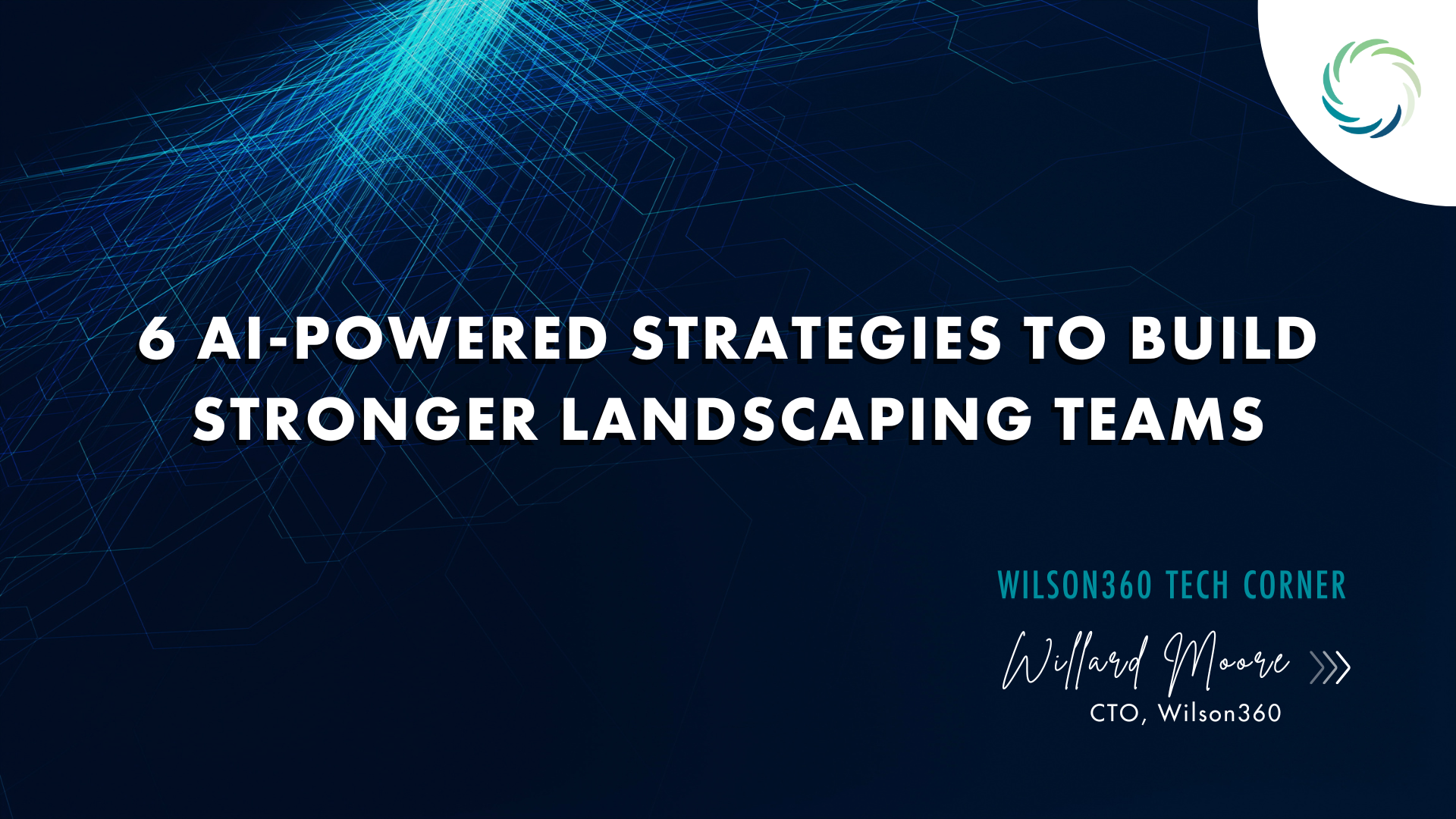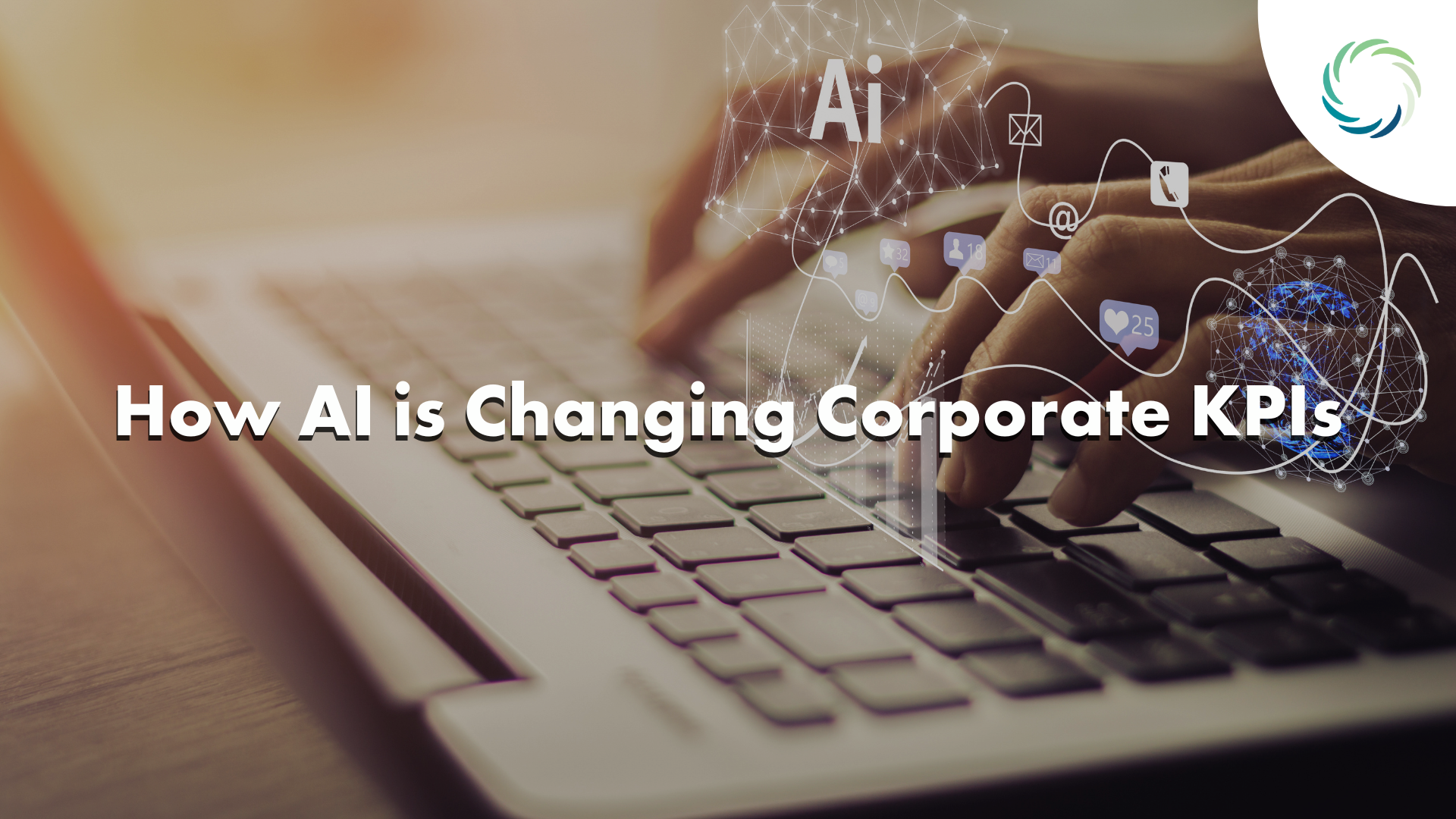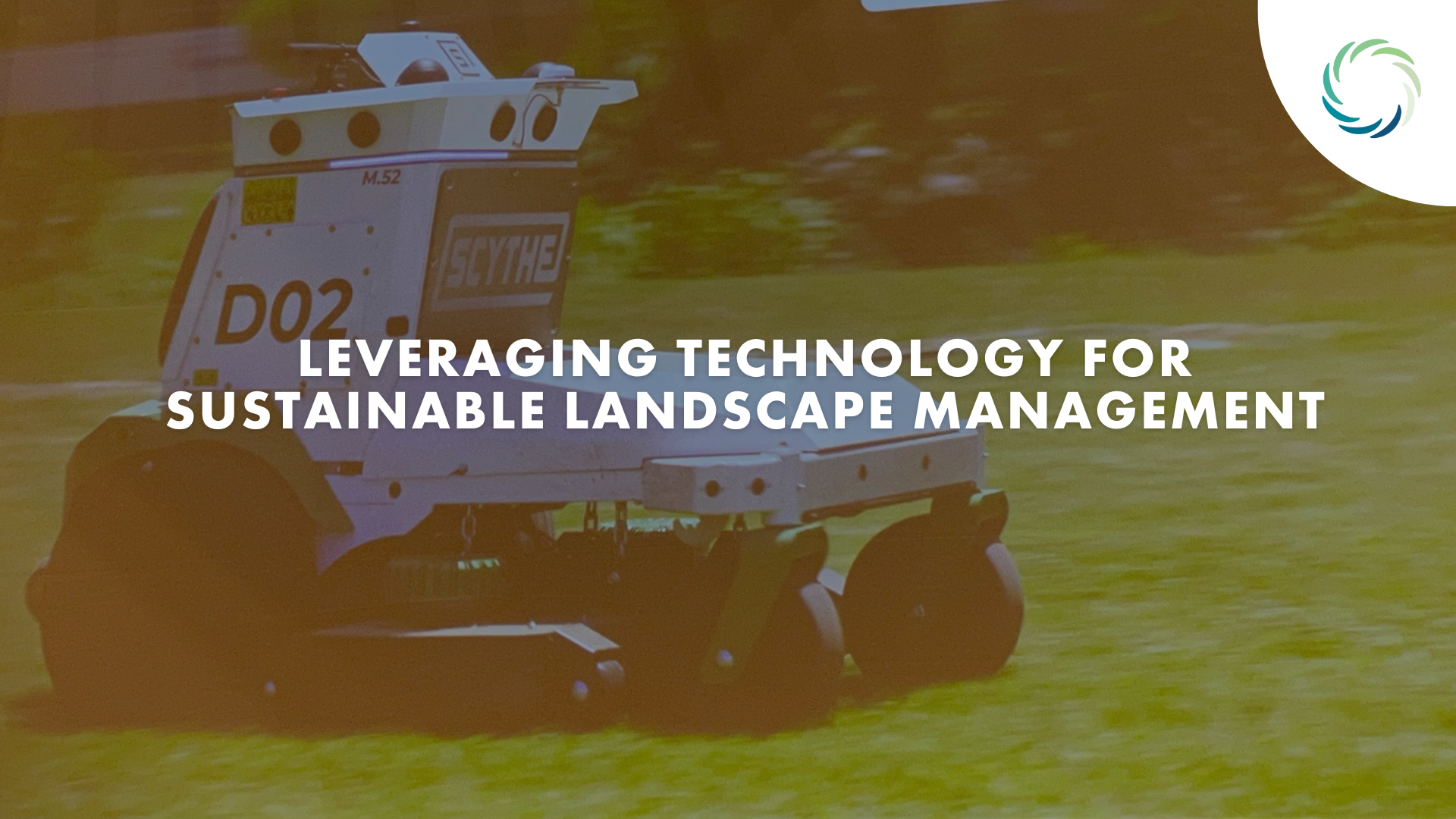Figure: According to an industry report, 83% of landscape companies aren’t using AI yet, but the 17% that have implemented AI report positive impacts on business performance. Mid-sized landscaping firms (annual revenues $10–$50 million) often juggle multiple software systems for operations and accounting. For example, a company might use Aspire (youraspire.com) for CRM, job costing, and revenue management,
Some aspects of work leave us energized, while others leave us drained. For many landscape businesses, estimating falls into the second category. It’s repetitive, time-consuming, and slow to scale. But that’s precisely what drew Michael Ding, founder and CEO of Bobyard, to it. A Stanford-trained technologist, Michael saw how AI could turn one of the
Sustainability is no longer a fringe idea—it’s becoming central to how landscaping businesses plan, operate, and grow. And as environmental expectations rise from municipalities, commercial clients, and even residential customers, technology is stepping in to help businesses meet the moment. For account managers, estimators, operations leaders, and owners, tech enables a shift toward smarter, cleaner,
In today’s competitive landscaping industry, account managers play a crucial role in maintaining client relationships and ensuring seamless project execution. However, as client expectations rise, so does the need for efficient, tech-driven solutions to enhance communication, streamline workflows, and personalize service. From VR-powered consultations to AI-driven chatbots, technology is transforming how landscaping businesses engage with
In his article “Hunches Go Better with Facts”, Bruce Wilson, Wilson360 founder, reminds us: “Every day, landscape owners make difficult decisions with incomplete information. With large contracts at stake, issues of urgency—such as client complaints, employee matters, tight bidding, etc.—can lead to decisions that may not be in your company’s best interest.” This insight resonates
The Future of Hiring & Retention in Landscaping The landscaping industry faces ongoing challenges with hiring, seasonal labor shortages, and employee retention. Finding skilled, reliable workers for specialized roles—such as hardscaping, irrigation, and landscape design—has never been easy. But hiring isn’t just about filling positions. Landscape leaders need smart, sustainable talent strategies to build high-performing
Key Performance Indicators (KPIs) are often siloed measures within organizations, which can limit their effectiveness in providing comprehensive insights. Michael Schrage at MIT has discovered that by employing artificial intelligence (AI), these various KPIs can be interconnected to offer more meaningful insights. This groundbreaking study co-published by MIT and Boston Consulting Group (BCG) builds on
In the evolving narrative of the landscape industry, sustainability has transformed from a mere buzzword to an essential ethos, marking a pivotal shift in how we interact with our environment. As businesses seek innovative ways to blend aesthetic appeal with environmental stewardship, technology emerges as a key enabler of this green revolution. The Rise of

